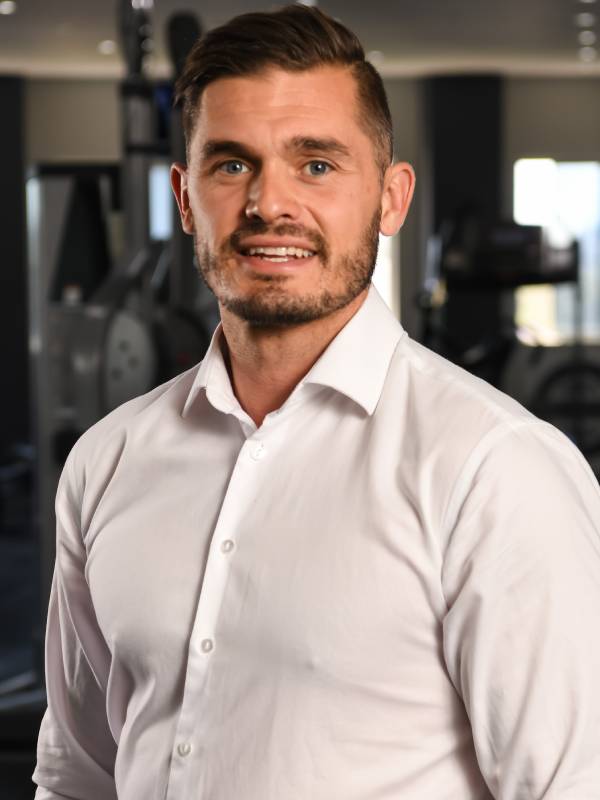Exercise Scientists use exercise to improve health, well-being, and fitness.
ES are professionals with high level training in exercise and sports science. At a minimum they hold a Bachelor degree that meets the Australian Qualification Framework (AQF) Level 7 requirements. This equips the professional with the knowledge and skills to apply the science of exercise to develop interventions that improve health, fitness, wellbeing, performance, and that assist in the prevention of chronic conditions. They educate, promote, and facilitate physical activity and/or exercise programs. These programs can be at an individual, community, or population level.
Sports Scientists use exercise to improve sporting performance.
A Sports Scientist provides expert advice and support to athletes and coaches to help them understand and enhance sports performance; adopting evidence-based, quality-assured practice to evaluate and develop effective strategies or interventions in training and/or competition.
What distinguishes a Sports Scientist from a scientist who works in sport is their holistic perspective on sports performance. This approach is acquired through tertiary-level qualifications which include foundation knowledge across the primary disciplines of anthropometry, biomechanics, motor control and learning, physiology, psychology, and training methodology; together with advanced, integrated or applied studies in one or more of these areas.
A Sports Scientist always acts with integrity and professionalism, with the physical and mental health and welfare of the athlete foremost in their consideration and operates within the rules and the spirit of sport.

